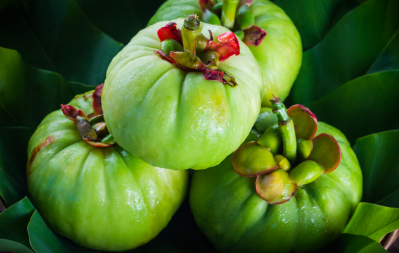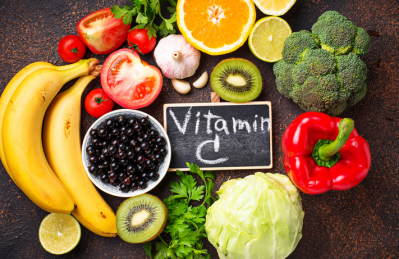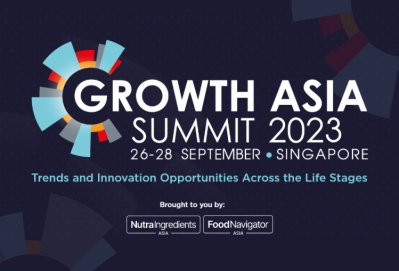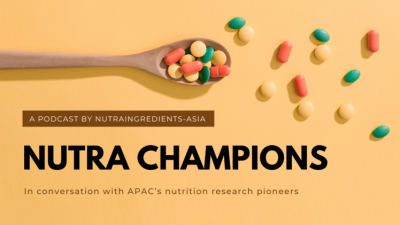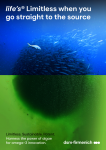Korean Red Ginseng shown to reduce the production of stress hormone – Eight-week trial

Participants who took Korean Red Ginseng also shown a lower reduction in the “happy” hormone serotonin.
The study was conducted by researchers from Korea University Anam Hospital, Yonsei University College of Medicine, and local firm Theragen Health Co. Ltd. Findings were published in the Journal of Ginseng Research.
During the eight-week randomised, double-blind, placebo-controlled trial, 90 healthy men aged 35 to 60 were randomised to take four tablets of either Korean Red Ginseng or the placebo each day.
Korean Red Ginseng contains various active components known as ginsenosides, including Rb1, Rb2, Rg3, Rg1, Rc, Rf, Re, and Rd.
The participants’ stress response was evaluated using the Stress Response Inventory (SRI), a self-administered questionnaire for assessing the response to stress, such as their levels of tension, aggression, anger, depression, and frustration.
The higher the scores, the more severe was the stress response.
Blood samples were also taken to measure the changes in the participants’ neurotransmitters and hormone levels.
Findings showed that in the face of stressful situations, both the intervention and placebo groups had a reduction in serotonin levels.
However, the reduction was significantly much more in the placebo group than the intervention group, with the former showing a reduction of 6128.2 ± 7547.8 and the latter 3803.2 ± 6610.5.
Cortisol, the stress hormone, also increased in both groups, but the increase in the intervention group was significantly lower than the placebo group.
In addition, adrenaline, the hormone produced during stressful as a “fight or flight” response, had reported a statistically significant decrease in the intervention group as compared to the placebo group.
Adrenaline is also known as epinephrine.
“This is consistent with a previous study showing that KRG (Korean Red Ginseng) can stabilise the sympathetic nervous system by reducing epinephrine for individuals with high stress levels,” said the researchers.
Despite the differences in cortisol and serotonin changes, both groups reported a decrease in SRI, which the researchers said could be a result of placebo effect.
“This study, which was the first to confirm the effect of KRG on stress-related NTs (neurotransmitters) in the general population, is consistent with previous results from in vitro and animal studies, as well as studies on specific occupational groups of humans, which showed some NT effects.
“Thus, this study will be the basis of understanding of the potential anti-stress effect of KRG,” said the researchers.
Korean Red Ginseng (KRG) is the most popular health functional food in South Korea. A recent study also found that it could increase the production of antibodies post-COVID-19 vaccination.
Source: Journal of Ginseng Research
The effects of Korean Red Ginseng on stress-related neurotransmitters and gene expression: A randomized, double-blind, placebo-controlled trial
https://doi.org/10.1016/j.jgr.2023.08.001
Authors: Jihyun Yoon, Byoungjin Park, Kyung-Won Hong, Dong-Hyuk Jung
